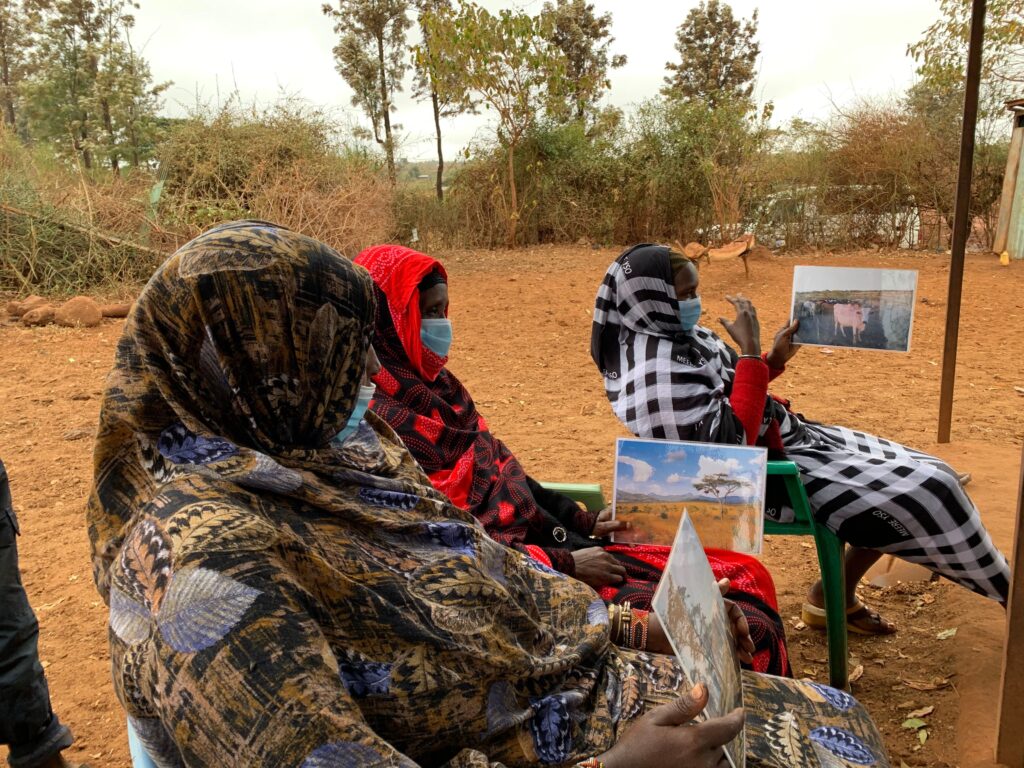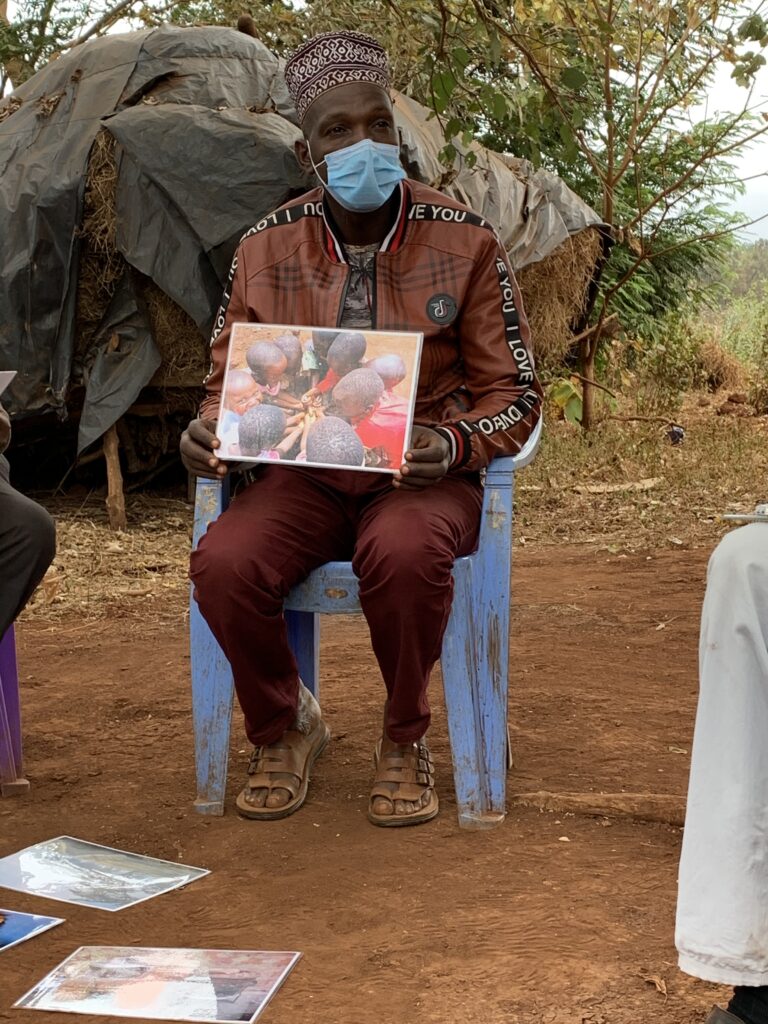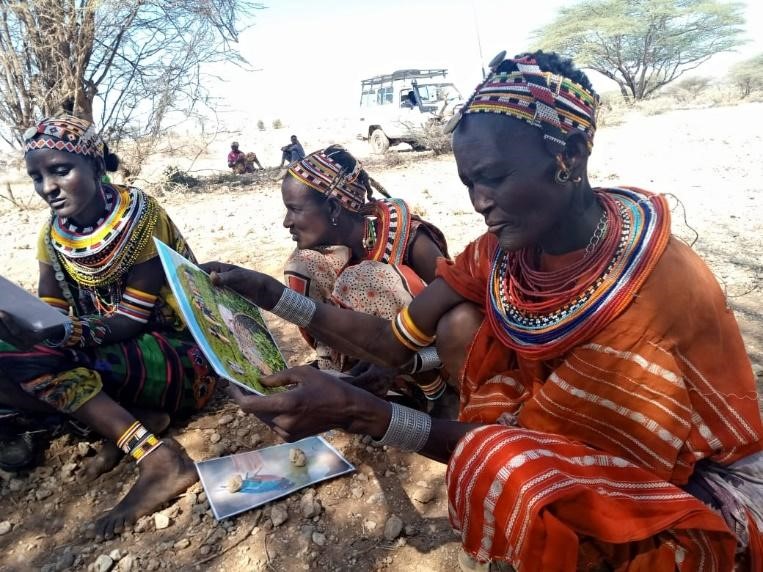Jun 8, 2021
The Situation

Food for the Hungry conducted a comprehensive literature review of psychology and social & behavioral change theory & practice to propose a socially – and behaviorally – informed approach to Early Warning System (EWS) design, development, and implementation. EWSs are an important part of achieving relief and development goals. Their purpose is to prevent and/or mitigate the effects of disasters – be they related to weather, conflict, or disease. Most EWSs, however, are focused on triggering action by governments and official stakeholders to speed up and increase the effectiveness of humanitarian relief efforts. While more attention is being given to designing and developing people-centered EWSs, less progress has been made in understanding how to best elicit early preparation, prevention, and mitigation actions from the exposed and vulnerable populations themselves.
Food for the Hungry’s (FH’s) approach focuses on identifying proper early actions and the determinants of those behaviors. By doing so they hope to improve the likelihood that affected populations heed early warnings and take proper action to protect themselves and the resources they may require for recovery. While the paper makes a strong case for applying a behavioral approach, it does not provide stakeholders with practical tools to do so.
The Journey

Global Learning Partners (GLP) was invited to assist in creating a set of tools and resources, along with the Training Guide, to equip both government agencies and non-governmental organizations; providing them with a simple methodology they can use to identify behaviors that are impactful and feasible for the affected populations, and to identify the determinants that support or inhibit the adoption of these behaviors.
Together with GLP, FH tested several Participatory Learning and Action (PLA) tools in drought-prone northern Kenya to identify resilience behaviors and their determinants. We trained local staff to facilitate the data-collecting process and analysis; with GLP/FH trainers joining virtually and the Kenya field staff working in person.
Participatory Learning and Action (PLA) tools offer many benefits for improving EWSs and their action prompting efficacy. They:
- engage community members to analyze their own situation and provide critical information from their perspective to the NGO staff.
- are respectful of communities, acknowledging their expertise in their daily lives and context.
- encourage curiosity and humility on the part of the NGO staff.
- are a relatively simple methodology that is commonly used in development work.
The Impact

As a result of this collaboration, FH field staff have been strengthened in the skills of research, qualitative tools and methodology, as well as learning-centered principles and practices. The 3-week program was profound in what it accomplished in these virtual times: the data collected, the findings and recommendations offered, and the prototype process for replication elsewhere.
As one team member stated, “Personally, this is the first time that I have been exposed to PLA tools. I will not forget this and am so grateful. It will help us in our work and we have become better facilitators…We have learned so much from each other, about doing meaningful research, and collaborative processes.”
What is a PLA tool?
Participatory Learning and Action (PLA) is an approach for learning about and engaging with communities. It has been around for a long time and combines an ever-growing number of techniques and methods with skillful facilitation to collect rich data to help planning, decision-making, and programming.
Download the Final Products from the Food Security and Nutrition Network
The purpose of this set of tools and resources is to equip EWS designers, implementers, and stakeholders with a simple methodology to identify behaviors that are potentially impactful and feasible for the affected populations, and to identify the determinants that support or inhibit the adoption of these behaviors. You can access the PDF version of the PLA Tool here. The customizable version of the tool and complementary customizable PLA resources are available for downloading and use through the following links:
- Customizable Word Version: Unearthing Collective Wisdom: Strengthening Disaster Preparedness & Early Action with Participatory Learning and Action Tools and Principles
- Customizable PowerPoint Presentation Tool: Unearthing Collective Wisdom: Participatory Learning and Action (PLA)
- Customizable PowerPoint Presentation Tool: Unearthing Collective Wisdom Data Analysis: Participatory Learning and Action (PLA) Presentation Tool
- Download PLA Toolkit PDF Version
Thank you to Food for the Hungry, with Mary deCoster (lead) and Claire Boswell, for inviting GLP into this important and exciting work.



